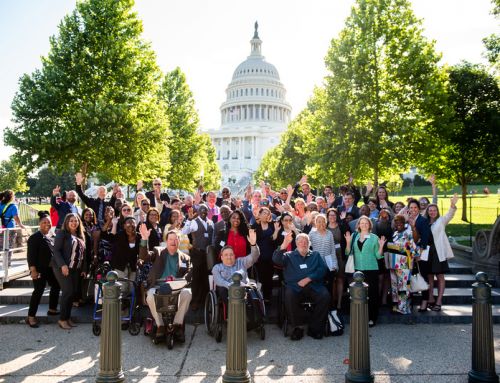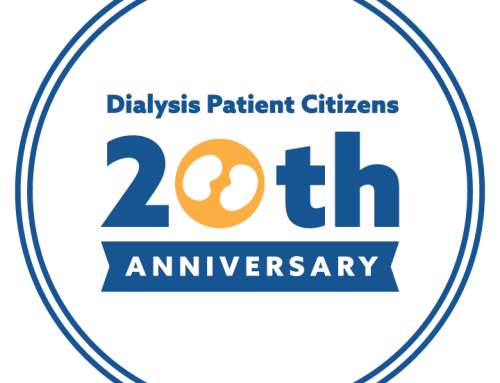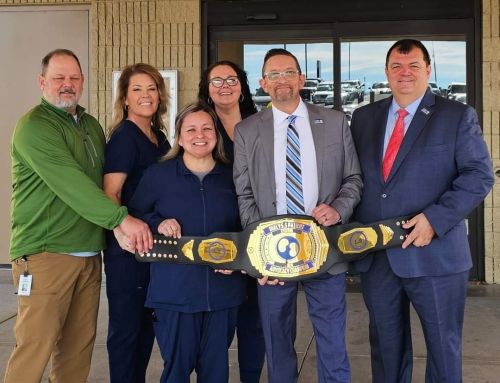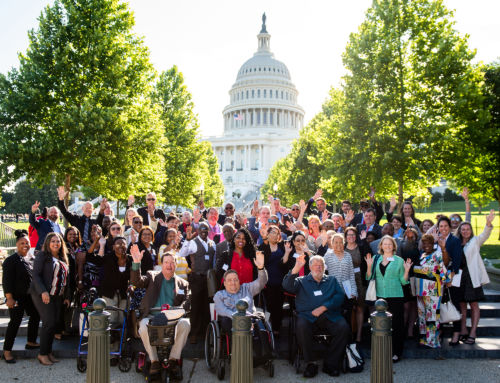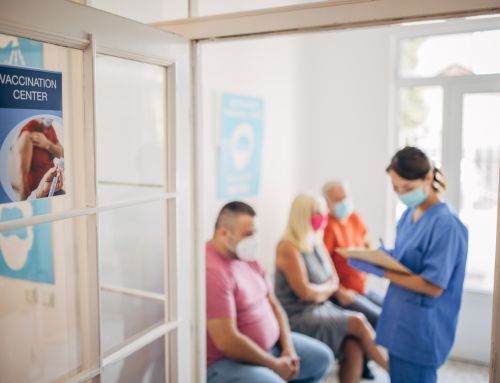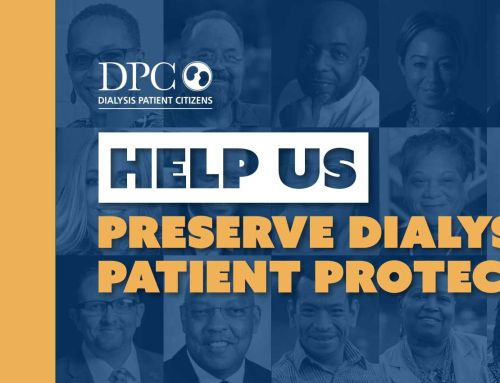We are pleased to report that Congress is working on draft legislation—known as the BETTER Kidney Care Act—to expand care coordination opportunities for dialysis patients. The COVID-19 pandemic has put the health of kidney disease patients at risk more than ever before, while also demonstrating the many challenges to ensuring their continuity of their care. Show your support for improving the lives of dialysis patients during this unprecedented time by signing our on-line petition to increase dialysis patient access to care coordination, then urge Congress to enact the BETTER Kidney Care Act.
The Importance of Care Coordination
Approximately 81% of Patients think improving care coordination is very important. Coordinated care means that each health care provider serving a patient shares information with one another in a timely manner about the patient’s health, treatments prescribed, and care delivered to him or her. Research has shown that coordinated care is helpful in improving the health of people with chronic conditions and in lowering their health care costs. Care coordination is most effective when patients are empowered to be active participants in managing their disease along with their care providers.
Improving coordination among health care providers is necessary to improve the quality of care patients with chronic kidney disease (CKD) receive. Most people with CKD also suffer from other chronic conditions like diabetes, high blood pressure, and cardiovascular disease, making their care more complicated. CKD patients often need to see multiple health care providers and take many medications, particularly in the later stages of the disease. Care coordination reduces duplicative services, allows for the whole patient to be cared for and treated rather than just the specific disease, and can improve patients’ overall health and quality of life.





